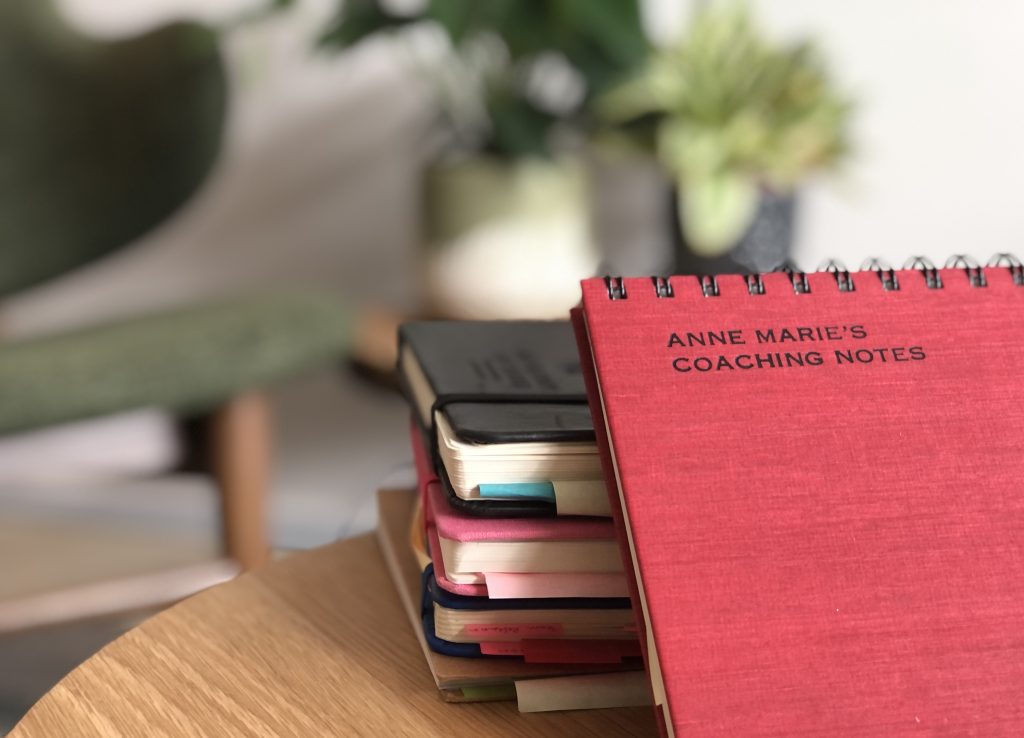One-on-one Feedback Conversations
 The most valuable feedback I have received has always come from one-on-one conversations. Plus these build stronger relationships and connections as I model vulnerability. I started these as a routine when I first began working as a Literacy Coach. I talked through my thinking with my principal and highlighted my desire to model and build trusting relationships where we could give and receive critical feedback. She suggested I collate the feedback, connect my goals to that feedback, and share these with the team at the start of the next school year. Her point was that this would demonstrate to the team that I valued and used their honest feedback to revise my coaching practice.
The most valuable feedback I have received has always come from one-on-one conversations. Plus these build stronger relationships and connections as I model vulnerability. I started these as a routine when I first began working as a Literacy Coach. I talked through my thinking with my principal and highlighted my desire to model and build trusting relationships where we could give and receive critical feedback. She suggested I collate the feedback, connect my goals to that feedback, and share these with the team at the start of the next school year. Her point was that this would demonstrate to the team that I valued and used their honest feedback to revise my coaching practice.
Two months before the end of the school year, I sent calendar invitations to all the teachers I had coached to join me in a reflective feedback conversation. Here is a sample note:
I can’t believe we are approaching the end of the academic year already. I value your perspective and would like to reflect on our work together this year. Specifically, in my role as Literacy Coach, I would love to hear any insights you may have on my strengths, areas for growth, or ways I could revise my coaching with you. I trust your honest feedback as I work to grow. Please let me know if there is a better time for us to meet.
During the conversation, I used those same prompts to guide our conversation: insights on my strengths, areas for growth, and ways I could revise my coaching practice. After the first year, I started simply using the more simple prompts: Stop, Start, Keep. One piece of feedback I received the first year was that this conversation felt late and the teacher asked that we instead reflect at the mid-year point. From then on, we had these conversations mid-year and I was able to apply the feedback during the second part of the year.
Once I gathered all the feedback, I sent out a team message sharing my takeaways and how I would be revising my coaching practice. Here is a sample:
At the end of the last term, you generously helped me reflect on my work as a coach, and from those conversations I have set some goals for myself Some of those goals are about being deliberate to keep doing the things you’ve found helpful and supportive. These include differentiating our coaching work based on your goals, giving you time to practice new skills and strategies, planning together, asking probing questions, classroom visits and coaching work with students, and a shared openness and vulnerability in our learning together. While the other goals are to change something in my practice such as being more clear and marking deadlines in our work together, regularly sharing coaching work in team meetings, providing condensed reading to support the work we are doing in a coaching cycle, making more use of video recording to support our work together, facilitating more teachers visiting each others’ classrooms, making connections from individual goals to our work together, and looking for new ways to collaborate during planning with other departments.
Thank you so much for helping me to better understand how I can support you. My biggest takeaway is the importance of differentiated coaching. The above goals come from my notes of all our conversations and I will attempt to tailor my applications to your individual needs and feedback. I will keep working hard to build trusting relationships and hope that you will continue to let me know how we can best learn together.
By sharing my goals from their feedback, I found that teachers appeared more comfortable sharing critical feedback. It certainly helped build trusting relationships. Once I started working with teachers outside of the Middle School English department, I had to be strategic about the number of these one-on-one feedback conversations I was having as I balanced my time. First, I prioritized new coaching relationships. Second, I reached out to teachers who were doing new types of coaching work with me. Finally, I offered an open invitation to anyone else that would like to share their feedback with me. There were always a few teachers who took me up on this.
When I shifted roles to K-12 Head of Digital Learning and then Middle School Vice Principal, I brought this same feedback structure to my new collaborative relationships. Again, I have seen that over time, with a few conversations under our belts, people share more feedback. My hunch is that my principal from years back was absolutely right. People see that I value their honest feedback and trust me with more specific feedback over time.
I am preparing for my first move in eleven years and starting to sort through my classroom, office, and home looking for those treasures worth bringing across the Pacific to my new home. As I flip through my stacks of notebooks, it’s been so encouraging to see my scribbles from these one-on-one conversations. Insights on my strengths and critical feedback points have been building blocks to my continued growth as a coach and leader.
What structures do you use for one-on-one feedback conversations? What prompts help you gather open and honest feedback?